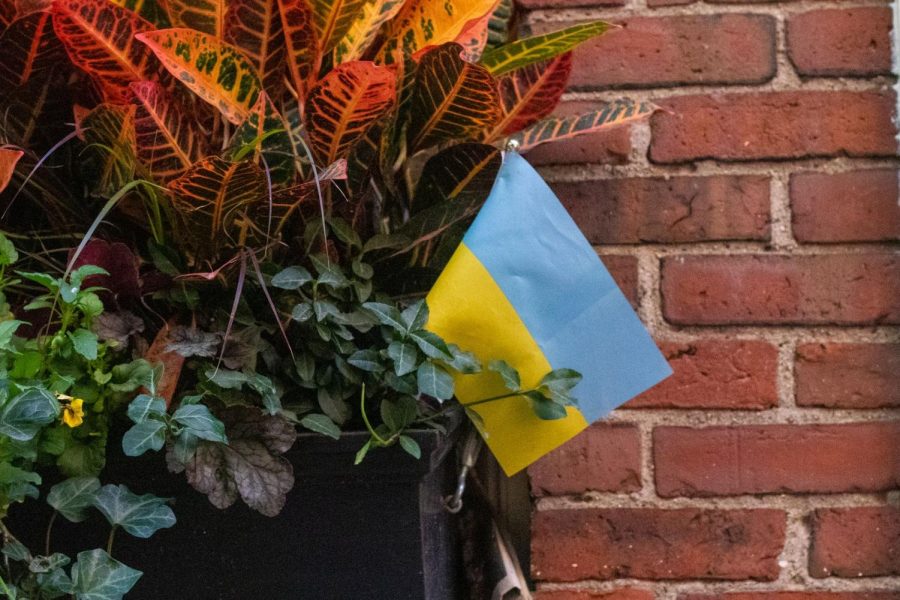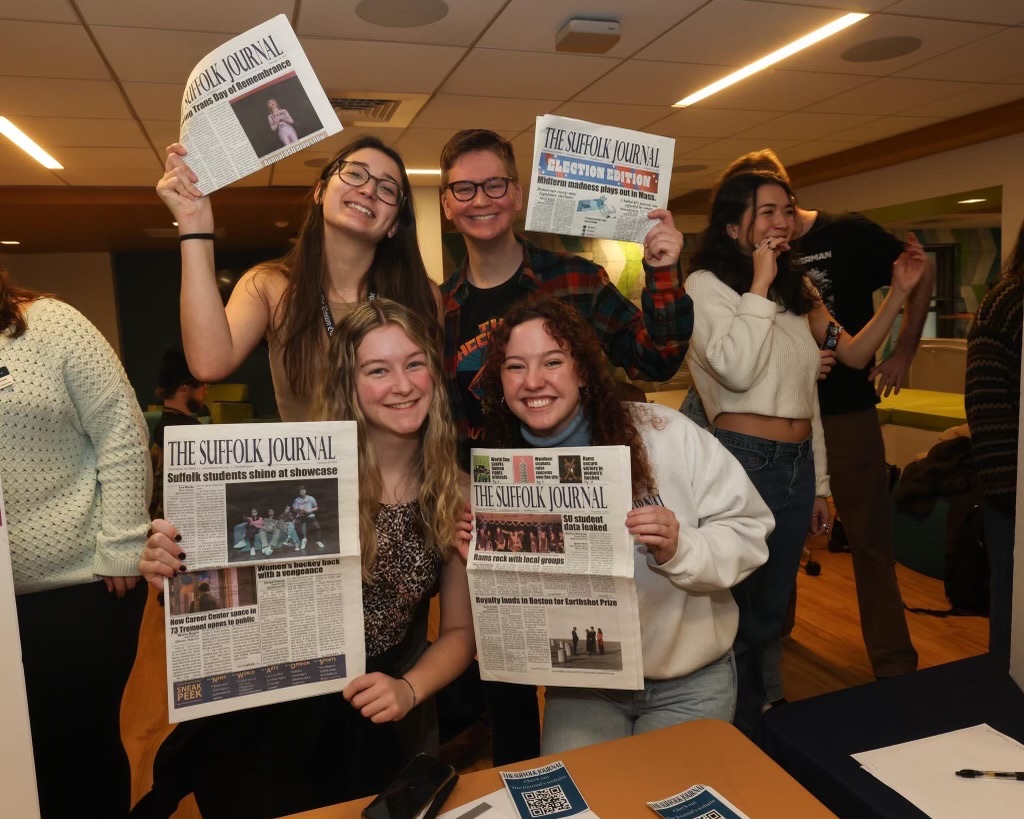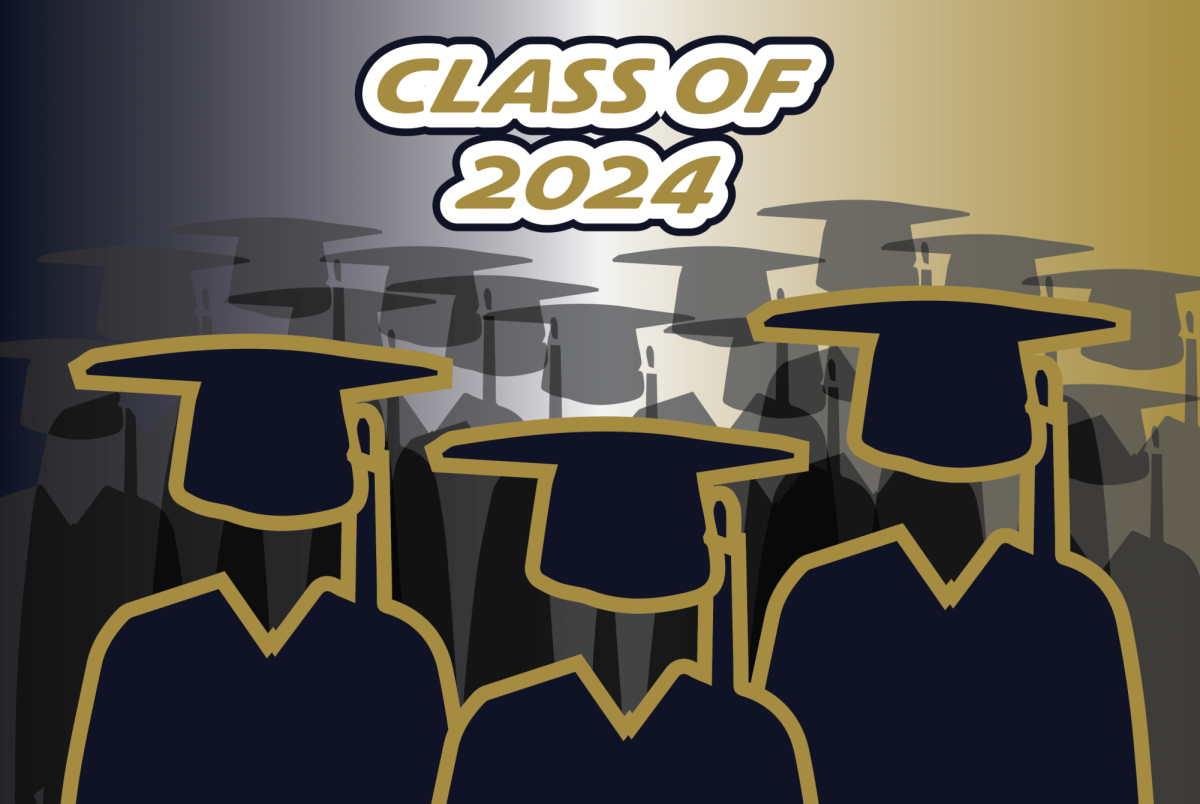Imagine a world with no paintings, no music, no poetry, no books, no Netflix, nothing. Imagine going home on a Friday night after a long work week with no series to binge-watch. Imagine walking home or working out at the gym with no music to play through your headphones.
It’s important for people to realize that art exists everywhere, not just in galleries and museums. People consume art every day through widely used forms of media, such as music and film. Our society as a whole would suffer without the arts, so why do so many people discourage students from learning about it?
There are people of all social classes, backgrounds and levels of education who do not value the arts, even though it is a powerful force that is worthy of merit. Nothing in this world is appreciated until it’s taken away. Slashing funding for the arts in schools and low starting salaries for careers in the arts jobs have led to a lack of respect for people working in the arts, theatre and music industry.
The arts, however, contribute more to our daily lives than we think.
The arts provide a medium to help process our emotions. It’s easy to listen to a song or watch a movie that you see a part of yourself in and it’s easy to see different parts of yourself in a character on stage. It’s hard to believe many of our readers don’t have different playlists on Spotify or Apple Music for different moods they’re in.
The arts and the different types of media they encompass offer a more abstract way to process and understand real events as well as social issues. The real issues that we have to try and understand can often be depicted in artistic forms, helping us as individuals and a society process them using a creative medium. For example, “The Handmaid’s Tale,” a novel that was later adapted into a Hulu series, depicts a dystopia that alludes partially to the true events of the Iranian Revolution. There are endless other examples within the realm of films, such as “Black Hawk Down” which depicts Operation Gothic Serpent, a U.S. military operation in Somalia that took place in the early 1990s.
Courses in the arts help students become more well-rounded, think in unique and creative ways, and show how to work productively both individually and collaboratively. They also help students build key problem solving skills. If students are taught arts at a young age, then children can master these skills at a very early age which will benefit them and their creative abilities later on in life.
Maintaining consistent education and understanding of the arts is essential. After all, how are you supposed to understand different types of media, or what the artist was trying to convey, without a solid foundation of arts fluency?
Another reason the arts are often devalued is because people fail to see the hard work and deep thought that goes into every painting, song or film. Those who are not educated in the arts may look at an abstract painting, for example, and think to themselves that anyone can splatter paint onto a blank canvas, hang it up on the wall and call it a masterpiece. They are blind to the deeper meaning or vision the artist intended their work to have on viewers, and therefore they cannot fully appreciate or understand the art they are looking at.
Despite our dependence on the arts — whether we realize it or not — fiscally, the U.S. government hasn’t agreed. The White House has continued to cut funding for the National Endowment for the Arts, cutting $897 million from arts-directed funding in 2019 according to The Washington Post.
If people took the time to learn about arts, they would have a greater understanding for all the craftsmanship that is into an artist’s work, which would lead to a deeper appreciation. Also, if people willingly participated in the arts, such as acting in a play, they would gain a better sense of the amount of tireless hours and extensive thought that goes into making a show. The same can be said for film, paintings and any other medium.
Art has the power to change culture and spread important messages. Although it is a creative outlet, it has the power to stir conversation and bring certain social issues to the surface. Artists aren’t just hippies carelessly doodling on scrap sheets of paper — many artists are well-educated and well-attuned people who aim to use their medium to express significant messages to viewers.
It’s okay if arts is not something that interests you, but that doesn’t mean it is not valuable. Something being interesting and something being valuable are two different things, but often times the people who don’t like arts are quick to judge it as fluffy and not taken seriously. Some find sports obsolete while others find the same with mathematics.
When it comes to making a career out of being an artist, there is a stigma that full-time artists do not work as hard as people in other industries, such as those in the medical field. Although most artists do not hold doctorate degrees, their work can still uphold the same amount of respect and importance of a doctor’s. While doctors spend years perfecting their own craft, artists also do the same with theirs.
The realities facing the “starving artist” and the term itself must be eradicated from our society. It’s time that we as a society, a nation and a world community finally understand that art cannot be created to its fullest potential without proper funding for the arts and support for all artists. We take the work of artists for granted on a daily basis, both in our morale and our direction of funds.
It’s time we give artists the recognition, praise and fiscal strength that they deserve.









